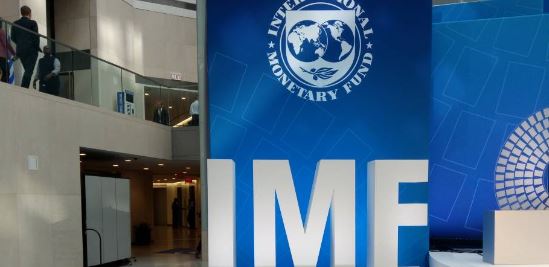The International Monetary Fund (IMF) says inflation will remain high despite the ongoing economic recovery in Nigeria.
The Washington-based institution said this in a statement issued after completing a series of meetings between its team led by Jesmin Rahman, mission chief for Nigeria at IMF, and Nigerian authorities.
The meeting was held on June 6 and 10, 2022, and discussions centred on recent economic and financial developments and the economic outlook for the country.
The IMF described Nigeria’s economic outlook as “challenging” with high food prices raising food security concerns.
Advertisement
“Regarding the economic outlook, GDP growth is projected at 3.4 percent (y/y) in 2022 while inflation is expected to remain elevated,” the statement reads.
“The fiscal deficit of the consolidated government is expected to remain high at 6.1 percent of GDP due in great measure to costly petrol subsidies and limited tax revenue collections.”
Nigeria’s inflation reached 17.7 percent in May, led by a renewed surge in food prices exacerbated by the war in Ukraine.
Advertisement
Recently, the Central Bank of Nigeria (CBN) raised the benchmark interest rate to 13 percent to contain inflationary pressures.
“Economic recovery continues to gain strength on the back of services and agriculture with GDP growth reaching 3.6 percent (y/y) in Q1 2022,” the statement adds.
“Regarding the external sector, the current account deficit narrowed significantly in 2021, helped by import compression and higher net oil balance.
“However, the improving trade balance, which has continued so far in 2022, is having a limited impact on Foreign Exchange (FX) strains with the exchange rate premiums in the parallel market staying in the 35-40 percent range since October 2021.
Advertisement
It listed downside risks in the near term to include further deterioration of security conditions, elections, low vaccination against COVID-19 and higher global interest rates.
On the upside, the IMF said steady private sector recovery and further broadening of growth, the start of operations at the Dangote Refinery and decisive steps to mobilise revenues, in line with the strategic revenue growth initiative (SRGI), could spur inclusive growth and development.
Add a comment





